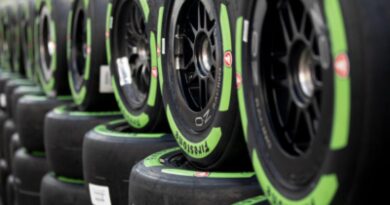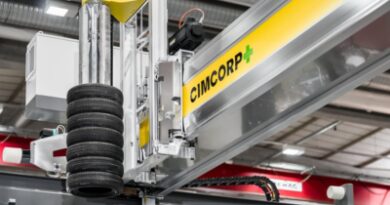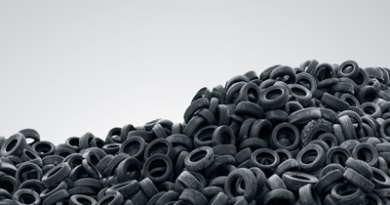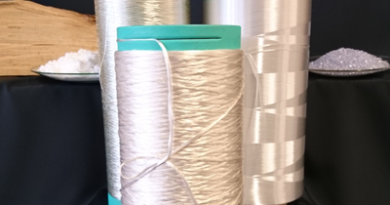Yokohama Rubber develops rubber material with crack resistance from nanoparticle-based polymers
The Yokohama Rubber Co., Ltd., announced the development of a highly crack-resistant rubber material made from nanoparticle-based polymers that do not use any additives, such as organic solvents and reinforcing agents. The development is the result of a collaborative effort with a research group led by Associate Professor Daisuke Suzuki of Shinshu University’s Graduate School of Textile Science and Technology and RISM (Research Initiative for Supra-Materials). Further research based on knowledge gained during the collaborative research project is expected to lead to the development of safer and more durable tires and rubber products that are people- and environment-friendly. The developed rubber material can be easily recycled without deterioration and therefore is expected to contribute to the realization of a circular economy
Read More








